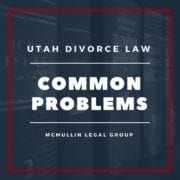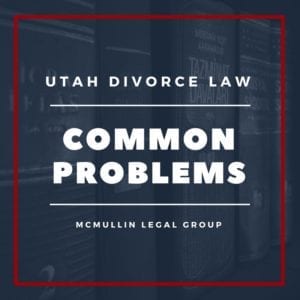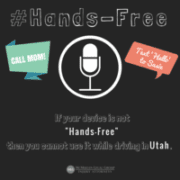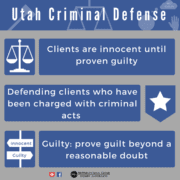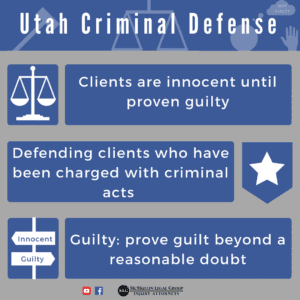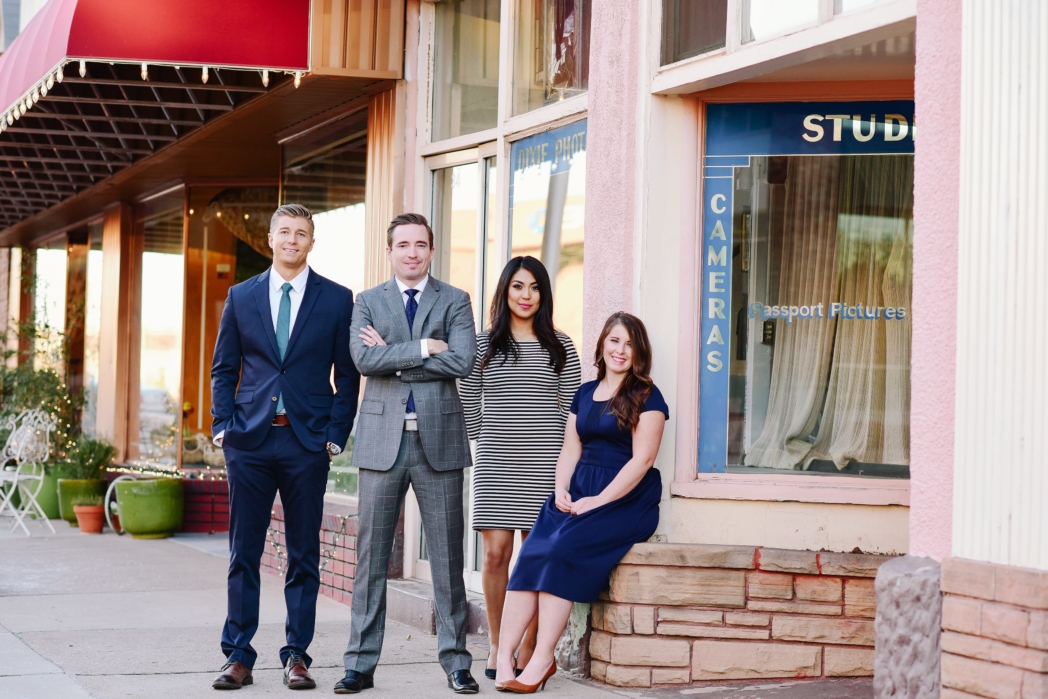Utah Criminal Defense: Crime, Court & Bail
Let’s begin with crime. Crime is defined as “an unlawful act punishable by state or other authority”. Crime in Utah is on average, lower than the national rate. When someone commits a crime, they are punishable by law, and usually, are arrested and placed in prison. Depending on the severity of the crime and according to Utah criminal defense laws, they may have a court date set for to resolve the crime. Some criminals are allowed to be ‘bailed’ out of prison temporarily, ONLY if they pay a certain amount of money and promise to return to court on the exact date they are given to do so.
Court
Court is a governmental system that consists of people playing different roles in order to handle, and complete disputes – all handled in a legal process. In court, a judge and jury are assigned to specific cases in which they make legal decisions. When there are situations where people argue about, disagree on, or are unable to make a decision, this can be taken to court to be resolved. The court has the authority to make final decisions about certain situations when different parties may not be able to make themselves, according to Utah criminal defense laws. Also, the court will decide on who has to do what in order to resolve the case (e.g. jail time, community service, fines and/or fees).
Bail
Another common aspect of Utah criminal defense is bail. When someone has been arrested and put in jail, a court will assign them a trial date – this can be weeks away. During the waiting period, some inmates are allowed bail, which is to pay money to the court system or pay a bail bond company to bail out the defendant so they can be temporarily released from prison. The defendant, while temporarily out of prison, MUST return to court on the specified date.
How much does bail cost?
Bail in Utah is usually twenty percent of the cost of the defendant’s criminal history, the kind of crime they committed, or the severity of the crime. A class C misdemeanor for a defendant that has never been accused of a class C misdemeanor before, their bail will cost $340. If someone is accused of a felony, their bail will usually cost at least $5,000. Also, if a minor is accused of a crime, their bail tends to be lower than the price of an adult; also, Utah criminal defense and the severity of the crime will determine the amount.
Crime in Utah
- Crime in Utah is evaluated by “Neighborhoodscout” – about 30 of every 1,000 people cause property crimes in Utah, and about 2-3 of every 1,000 people cause a violent crime in Utah. In total, there are about 32 people of every 1,000 that will commit a crime.
- The National robbery crime rate is 1 out of every 1,000 people; the Utah robbery crime rate is .44 out of every 1,000 people.
- The National assault crime rate is 2.38 out of every 1,000 people; the Utah robbery crime rate is 1.35 out of every 1,000 people.
What if the defendant does not go to court when they are required?
According to Utah criminal defense, if the defendant does not return to their court date, there are a number of things that can happen. First, a bench warrant will be out for their arrest. Once arrested, there usually is the option for bail, but the bail price may be higher than the original price because of the missed court date. Second, if the defendant continually fails to attend court dates, the court can issue their arrest with a supplement ‘no bail’ warranty, meaning that once arrested, there is no option for bail once in prison. In conclusion, don’t miss a court date.
Public vs. Private Lawyer
When someone has been charged with a crime, that person has some decisions to make about their upcoming trial. Hiring a private or public lawyer as a form of Utah criminal defense are some of the options the defendant has for their trial. Depending on what kind of crime, and the severity of that crime, the defendant might benefit from either a public or private lawyer. There are benefits to both lawyers, however.
- A public defender is a lawyer who the court chooses to represent the defendant. Generally, public defenders are hired because the defendant cannot hire a private lawyer; who can be very expensive. Because the public defense lawyer is hired by the court and appointed to the defendant, the defendant does not have to pay for the public lawyer. The government is in charge of paying the public defense lawyers. Public defenders are hired by the government and are paid at a fixed rate each year. Keep in mind that at times, public defenders may have a very heavy workload thus perhaps not giving a client the same amount of time and attention that a private lawyer may provide.
A private lawyer is someone who is hired by the defendant and therefore has to pay the private lawyer at their own expense. Given their workload, private lawyers can choose to accept or deny cases which allows them to give specialized time and effort towards each case. Because they are able to prioritize the cases, they usually are expensive when it comes to their services – those high expenses, however, may pay off because the difference between winning or losing a case can be how much time the lawyer has to allocate for that case.

Utah Criminal Defense: Crime, Court & Bail
Utah Criminal Defense
stgeorgeattorneys.com


